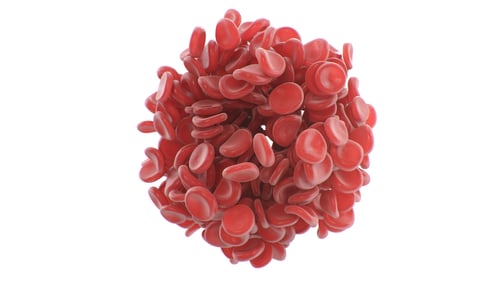Newsletter Signup - Under Article / In Page
"*" indicates required fields
Disc Medicine, Inc., a U.S. clinical-stage biopharma company focused on the discovery, development and commercialization of treatments for patients suffering from serious hematologic diseases, has entered into a securities purchase agreement with investors resulting in an aggregate $62.5 million in gross proceeds through a registered direct offering.
The financing was led by Bain Capital Life Sciences, who contributed $50 million, with participation from existing investors, Access Biotechnology and OrbiMed.
“We are delighted to welcome Bain Capital Life Sciences as an investor during a transformational time for Disc. Our pipeline of three clinical-stage programs, each with therapeutic potential in a range of indications, is expected to provide a series of important clinical trial read-outs beginning mid-year,” said John Quisel, chief executive officer and president of Disc Medicine.
“This investment adds to the financial strength of the company and will enable us to pursue the development of our programs with confidence as we advance toward phase 2 data.”
Disc Medicine pipeline
The investment will primarily support development of Disc Medicine’s clinical-stage pipeline, which includes Bitopertin (heme synthesis): a first-in-class, investigational, orally administered inhibitor of glycine transporter 1 (GlyT1) that is designed to modulate heme biosynthesis. It is currently being studied in patients with erythropoietic protoporphyria (EPP) in the ongoing phase 2 BEACON and AURORA clinical trials. Disc Medicine expects to initiate a separate trial in Diamond-Blackfan Anemia (DBA) patients in
the first half of 2023. Studies in additional indications are being planned.
DISC-0974 (hepcidin suppression) is another treatment in the pipeline. It is a first-in-class, investigational, anti-hemojuvelin (HJV) monoclonal antibody designed to suppress hepcidin production and increase serum iron to enable erythropoiesis.
It is currently being studied in an ongoing phase 1b/2 clinical trial in myelofibrosis patients with anemia. A separate trial in patients with anemia of chronic kidney disease (CKD) not receiving dialysis is expected to initiate in the first half of 2023 and studies in other forms of anemia of
inflammation are being planned.
Disc Medicine’s MWTX-003 (hepcidin induction) is a first-in-class, investigational, anti-TMPRSS6 (also known as Matriptase-2) monoclonal antibody designed to increase hepcidin production and suppress serum iron. An IND has been accepted by the FDA and a phase 1 clinical trial of MWTX-003 in healthy
volunteers are expected to initiate in 2023. Disc Medicine plans to develop MWTX-003 as a treatment for polycythemia vera and other indications.
Artificial intelligence and the future of antibody discovery






